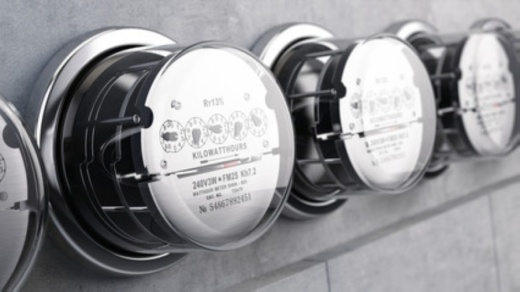The city is decreasing the PCA charge by $0.01 per kilowatt hour, resulting in a new PCA of $0.01375 per kilowatt hour (kWh) from $0.02375 per kWh. Georgetown customers will see the change reflected on their January energy consumption, which will be billed in February, the release said. For a residential customer whose monthly average consumption is 1,000 kWh, the change to the PCA charge will result in a reduction of $10 per month.
The PCA is a tool widely used by electric utilities to help recover costs above the projected budget, the release said, adding the PCA charge is in addition to the regular charge per kilowatt hour for energy. The main energy charge, which for residential customers is $0.0958 per kilowatt hour, will remain the same.
“We have worked diligently in the past two years to improve the electric utility’s management and financial position,” Mayor Josh Schroeder said in the release. “We are starting to see the positive results in the form of improved electric fund position, which lets us lower the PCA for our customers. Our work isn’t done, but I’m proud of the progress we’ve made and know we’ll continue to do everything we can to lessen the burden on our customers.”
The electric fund has recovered enough for the utility to be able to provide this rate relief to customers due to several steps the city has taken in the past two years, per the release, including the following:
- Restructuring utility staff, including hiring a new general manager, Daniel Bethapudi.
- Improving energy portfolio management practices, including consistent and disciplined risk-management practices outlined in the new risk management policy.
- Bringing on better expertise to manage a complex energy portfolio. Shell Energy North America, Crescent Power, and ACES Power work in close collaboration with the electric utility staff to manage the energy portfolio.
- Increasing focus on additional revenue streams and revenue assurance to improve the overall financial position. This work includes selling Renewable Energy Credits and better cost recovery related to infrastructure additions.
- Adopting electric utility financial best practices that improved financial performance and flexibility.
- Conducting a strategic review of electric utility business functions to identify opportunities to for cost reductions. This review resulted in the sale of substation assets, which reduced overall operating costs and cash infusion.





